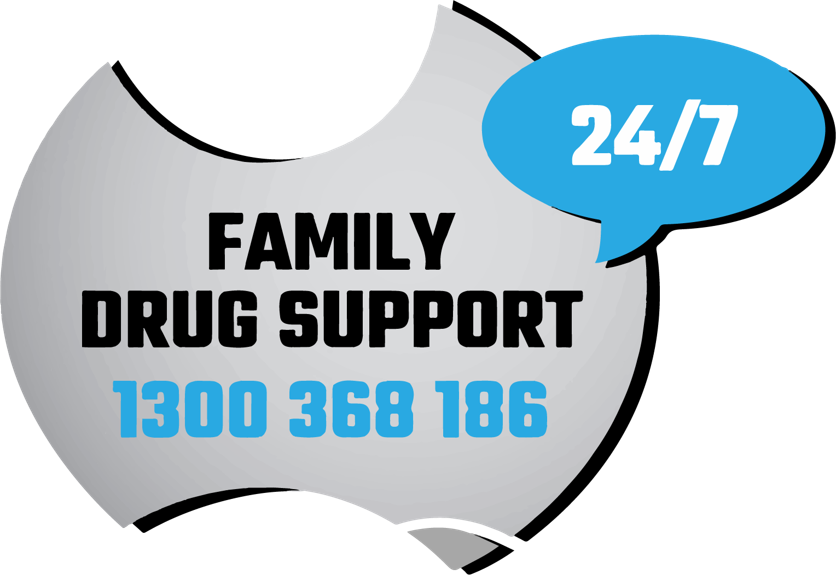Trauma Informed Care and Practice (Level 2)

- This event has passed.
Trauma Informed Care and Practice (Level 2)
11 November 2019
Event Navigation
This one-day interactive professional development training builds on the principles of trauma-informed care and practice explored in Blue Knot Foundation’s training: Foundation for Trauma-Informed Care and Practice (TICP) Level 1.
This training uses current research to foster the insights and skills needed, to work effectively with trauma survivors using a relational approach within the trauma-informed framework.
A relational approach highlights the importance of connection and collaboration between the worker and the survivor they are supporting as building blocks for resilience and recovery. For many trauma survivors, building safe relationships with workers and the service is critical and requires all workers to understand and implement the principles of trauma-informed care and practice.
An understanding of how survivors’ stress responses can be triggered by everyday work practices and service approaches can enable recovery-oriented organisational change. This training uses case scenarios and other activities to replicate a client’s experience within your service to enable your service to deliver services which are trauma-informed and minimise the risks of retraumatisation.
This practical training focuses on the implementation of all five trauma-informed principles in your service, explores issues around trauma screening and develops skills in making effective trauma-informed referrals.
The training also explores participants’ roles in fostering sector development. This includes the use of psycho-education to promote trauma-informed care and practice within their organisations, with sector partners and other stakeholders, including other support people.
By participating in this professional development training, participants will:
- Understand developmental tasks, trauma adaptations and attachment dynamics
- Understand the criticality of relationship when working with people who have experienced diverse traumas, and apply this to case scenarios
- Perform a client walk-through of your service
- Perform a trauma-informed practice audit
- Apply the five Principles of Trauma-Informed Care and Practice in your role and in your workplace
Who should attend?
This training will suit anyone, in any capacity, who provides services to people who have experienced traumas, and is not clinically-focussed. It would suit anyone in the workplace from diverse sectors including, but not limited to, health, mental health, alcohol and other drugs services, community, legal, justice, domestic and family violence, child protection, emergency, disability, housing, settlement, and employment services.


